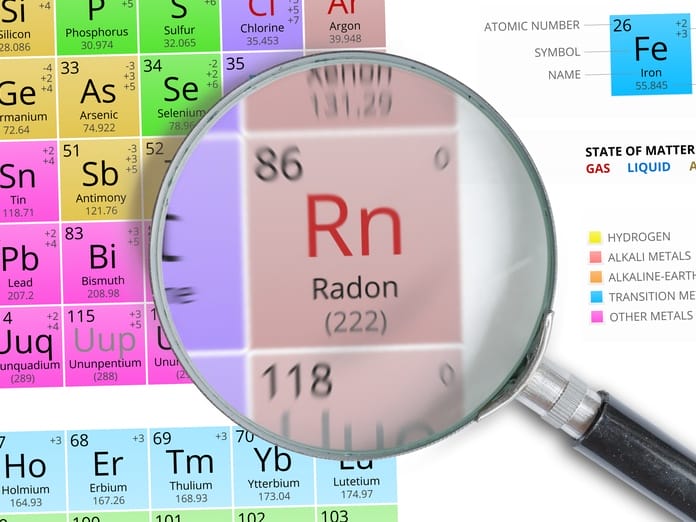Radon gas is a silent danger that every Pittsburgh homeowner must be on the lookout for. This colorless, odorless radioactive gas emerges from natural uranium decay in soil and rock, potentially accumulating to dangerous levels in enclosed spaces.
One way to protect your home and household is with a radon fan, but what are they and when does your home need one? We answer that question and more about radon safety below!
What is a Radon Fan?
A radon fan serves as the core of an active radon mitigation system. Radon fans protect your home from dangerous gas by creating negative pressure under your home’s slab or in the crawl space, drawing radon-contaminated air away from living areas before it can accumulate.
The system operates through a network of pipes that the fan pulls air through, venting the radon gas safely above your roofline, where outdoor air dilutes it to harmless levels. Most radon fans stand in attics, garages, or outside the home, running 24 hours a day to maintain protective air circulation patterns.
Signs You Need a Radon Mitigation System
We know what radon fans are, but how do you know when your home needs one? To determine the levels of radon within your home, you’ll have to conduct a radon test yourself or hire professional radon test services. Professional radon testing provides the most accurate results, though DIY test kits are available at hardware stores.
High radon test results indicate the need for a mitigation system, as the EPA recommends action when levels reach four picocuries per liter (pCi/L) or higher. However, any detectable radon poses some health risk. Pittsburgh homeowners should prioritize testing due to the area’s geological conditions, which promote radon accumulation.
Benefits of Installing a Radon Fan
Installing a radon mitigation system with a quality fan can reduce radon levels by 90 percent or more, significantly lowering your family’s exposure to this harmful carcinogen. Beyond cancer prevention, reducing radon is especially important for children, whose developing lungs are more vulnerable, and for pregnant women, as radon can impact fetal development.
Mitigation systems also boost your home’s value and appeal. In the Pittsburgh area, many buyers request radon test results during inspections, and homes with existing systems often sell faster and at better prices than those requiring remediation.
Choosing the Right Radon Fan
Choosing the right radon fan depends on your home’s construction and radon levels. The fan size should match your home’s square footage and the suction needs of your foundation type. Larger homes or those with higher radon levels often need more powerful fans. For long-term cost savings, consider ENERGY STAR-certified models that reduce electricity use while maintaining effective radon mitigation.
Professional radon contractors can assess your home’s specific requirements to recommend the best fan. They consider factors like your home’s size, foundation type, soil conditions, and radon levels to design an efficient mitigation system tailored to your needs.
Protecting Your Pittsburgh Home
Radon poses a significant but preventable health risk for Pittsburgh-area homeowners. Testing your home provides the first step in protecting your family’s health, while professional mitigation with a quality radon fan offers long-term peace of mind. Radon exposure produces no immediate warning signs, making prevention through testing and mitigation your best defense against this silent threat.







